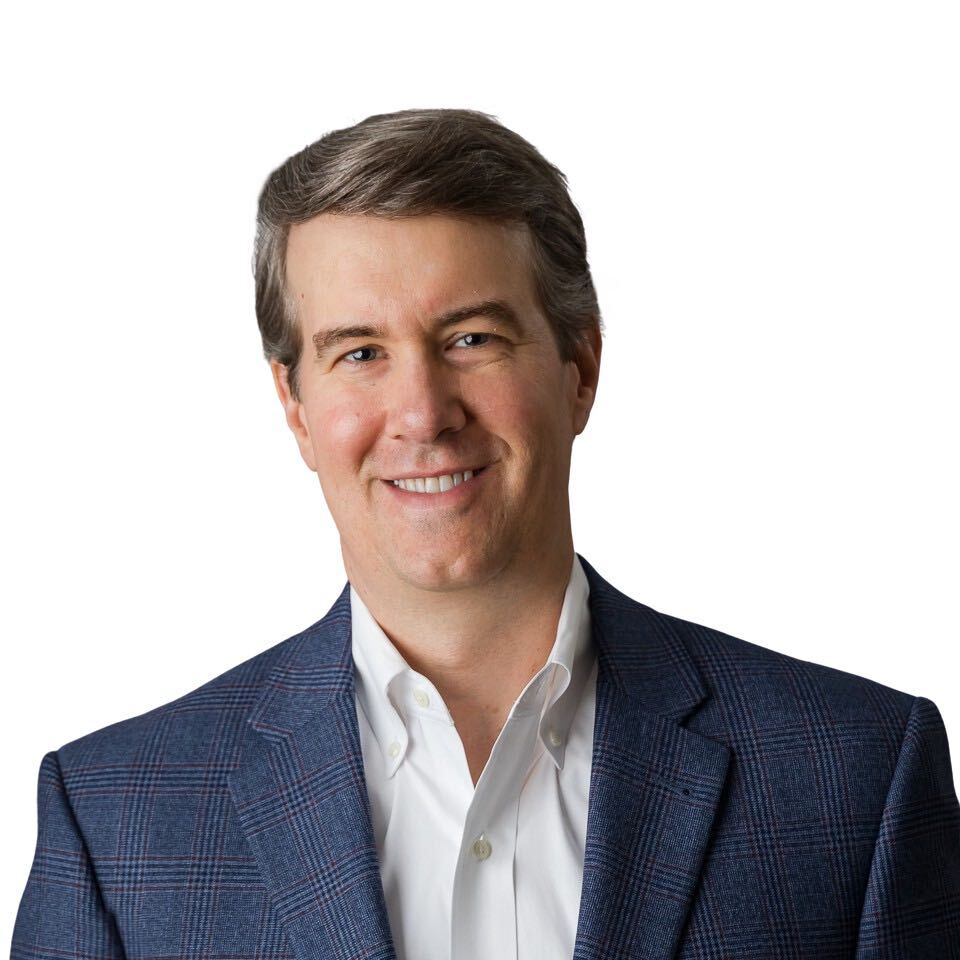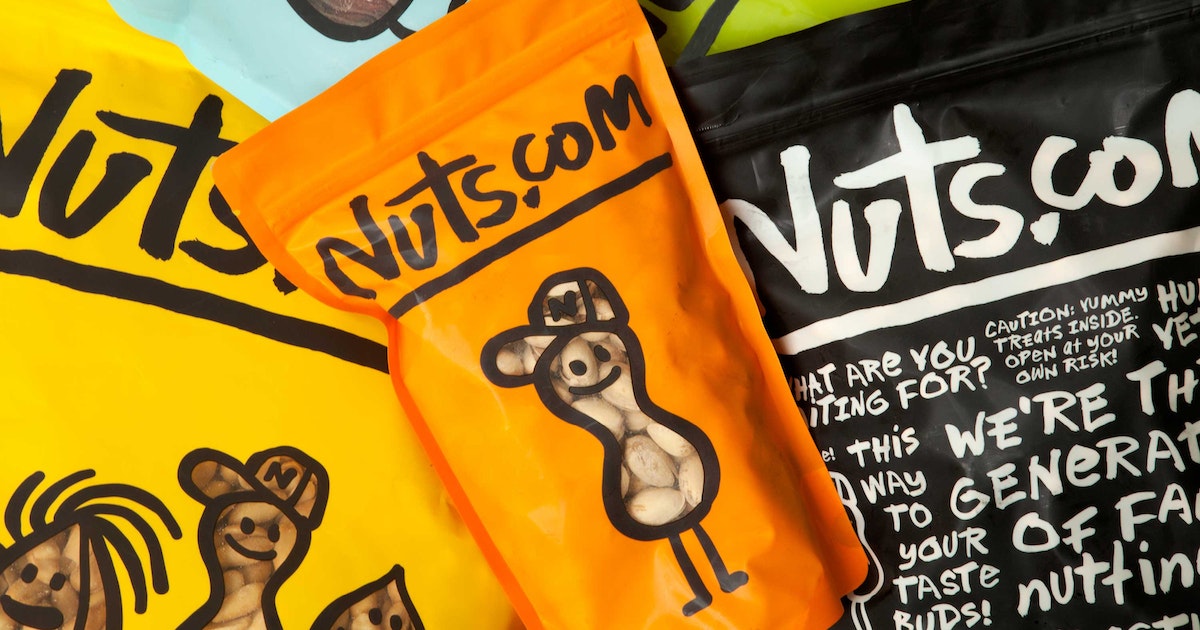Dave Lukas Chats with Jon Ostenson381: Building Success Through Franchising with The Nation’s #1 Franchise Broker, Jon Ostenson
This week’s Misfit Entrepreneur is Jon Ostenson. Jon is the nation’s #1 national franchise broker, #1! He is also an author, investor, and international speaker specializing in an area he has called “Non-food franchising” – which incidentally is the name of his best-selling book. His business is called Franbridge Consulting and he has helped thousands of entrepreneurs and investors succeed in franchise ownership. Jon served as president of an Inc 500 franchise system and is a multi-brand franchise owner, so he walks the walk and understands what it’s like to be an entrepreneur building a business. If you are interested in either owning a franchise or starting your entrepreneur journey as a franchisee, I cannot think of a better person to learn from. www.Franbridgeconsulting.com Show NotesLike many people, Jon was a wanna be entrepreneur for many years. he spent many years in the corporate world, but had the itch to do something a little more entrepreneurial. He stumbled into franchising. He was working for a large Fortune 1000 company and had the golden handcuffs, stock options, all that, but decided to step away and take a lower salary to step in with Shelf Genie.
They became an Inc 500 franchise. It was an eye-opening experience to the power of franchising. Jon saw how people from all different walks of life and backgrounds could step into business ownership with a great support system. And he saw their successes. He ended up partnering with the founder. Then invested in franchises himself. Four years ago, he started on the consulting side and that has grown tremendously. What are the reasons that it makes sense to go with a franchise versus doing something yourself or building a business outside of a franchise?
How does someone evaluate a franchise? How can they know that they found the right one for them?
What are some of the areas that people need to make sure they evaluate thoroughly in the Franchise agreements?
Are there any red flag areas to look out for?
You talk a lot about non-food franchising. Why are you such a big proponent of them?
Talk about what people should look for in the training from a franchise…
Is absentee ownership actually possible? And if so, can you give some examples of franchises?
If somebody works with you, then how does it work?
Jon talks about why real estate investors are a great fit for franchising…. You mentioned earlier, one of the franchises that you own in that orthopedic space. What are the other ones that you own and that you have today?
What would you say are two to three of the best lessons that you've learned on how to succeed as an entrepreneur?
Jon talks about some mistakes made and lessons learned. Are there any other things surrounding franchising or you know buying even selling franchises that people should understand or know?
Best Quote
|
|
Misfits,
If there is one thing I’ve learned as an entrepreneur and in endurance racing is that it pays to be properly fueled. As a business owner, it is important to not only take care of yourself, but also your team. Did you know that studies show that 67% of employees believe access to snacks and drinks positively impacts their job satisfaction. And those happy employees are 20% more productive. That is where Nuts.com comes in. Nuts.com is your one stop shop for the highest quality foods for business - they offer delicious office snacks, corporate gifts, and wholesale ingredients. Over fifty thousand companies choose Nuts.com for their business needs. From offices, to hotels, to restaurants, and retail stores, with Nuts.com there’s something for every business. Along long with freshly roasted nuts, they have thousands of premium products, like: dried fruit, wrapped candy, chocolate covered sweets, trail mixes, popcorn and jerky. There’s gluten free and other dietary options, and you can order in single servings or in bulk. I absolutely love this company and their products. Their bourbon pecans and trail mixes are my go-to snacks in the afternoons while working – and of course, my kiddo loves things like the chocolate covered gummy bears. Nuts.com has something for everybody and you cannot get better quality or service! Nuts.com makes ordering for your business quick and easy! Right now, Nuts.com is offering Misfit Listeners a FREE gift with purchase and free shipping on orders of $125 or more at Nuts.com/misfit Misfits,
If you are looking for one of the best tools to help you focus and center yourself daily, the 5 Minute Journal is the best one out there. This short 5-10 minute daily routine will help you in all aspects of your life and success. It is one of the simplest and easiest ways I have found to consistently improve myself and my well-being as well as ensure better results and success. Check it out and get your copy today! Check it out at www.MisfitEntrepreneur.com/Journal |















